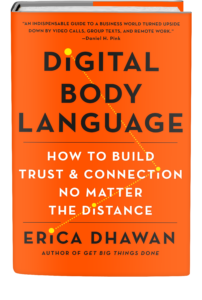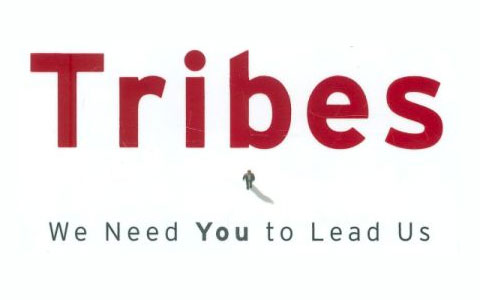
Image courtesy of David Castillo Dominici / FreeDigitalPhotos.net
My experience has made me think a lot about the writing process and what it's all about. Authoring a book is so much more than writing, it's about believing in yourself,
It’s also made me more aware to practice what I preach.
As I write this book, my big questions are: How do I connect intelligently to get this book into the world? How do I marshal what I know that much more quickly? How do I find and take on supporters? How do I influence the greatest number of people? How do I propel connectional intelligence beyond networking and entertainment and toward a loftier purpose – improving other people’s lives, building sustainable societies, creating the futures we want? In short, how do I get behind this newfound connectivity in ways that are targeted and un-serendipitous, and that get us all to the places we want to go?
Here are some of my greatest real-time learnings from these questions:
1) Trust the process.
I have to stick with writing process to make it work – breakthroughs don’t happen in an instant, they happen out of years of hard work.
2) Don’t sweat the small stuff.
There are always little things that get in the way, but they are usually just politics, mindless emails or the ego, focus on the work at hand that really matters.
3) My schedule is never fully structured.
Sometimes disorganization is okay and the creative process takes shape over time. Since I normally crave structure, I am learning that being in less structure can both keep me more creative and drive me crazy.
4) It's lonely.
Working on new material for the first time is hard and lonely, having supporters is really important to keep me going and energized that there is a larger purpose.
5) Accept full responsibility of decisions.
There is not someone to “fall back on” when you are authoring a book, it’s about showing up and delivering 100% all the time.
6) Choose more and choose wisely.
There are plenty of ways to use my time and it’s easy to feel overwhelmed and paralyzed by how much information and how many connections are coming at me. Instead I am focusing on what I care most about and what will have the greatest effectiveness for my work.
7) Accept spending more time sleeping on friends couches than in fancy hotels.
This work isn’t glamorous, it’s hard work, involves a lot of travel, international Skype calls at odd hours, early morning emails, and taking care of my health.
8) Believe in yourself despite rejection.
Nothing happens easily, it takes time to find supporters and collaborators for any new ideas.
What are you learning about the challenges you face in your life? Any big decisions you are facing? How do you think about “connecting intelligently” to the big challenges that are currently present for you? Thanks for sticking with me through this crazy journey and one of the best learning experiences of my life.

